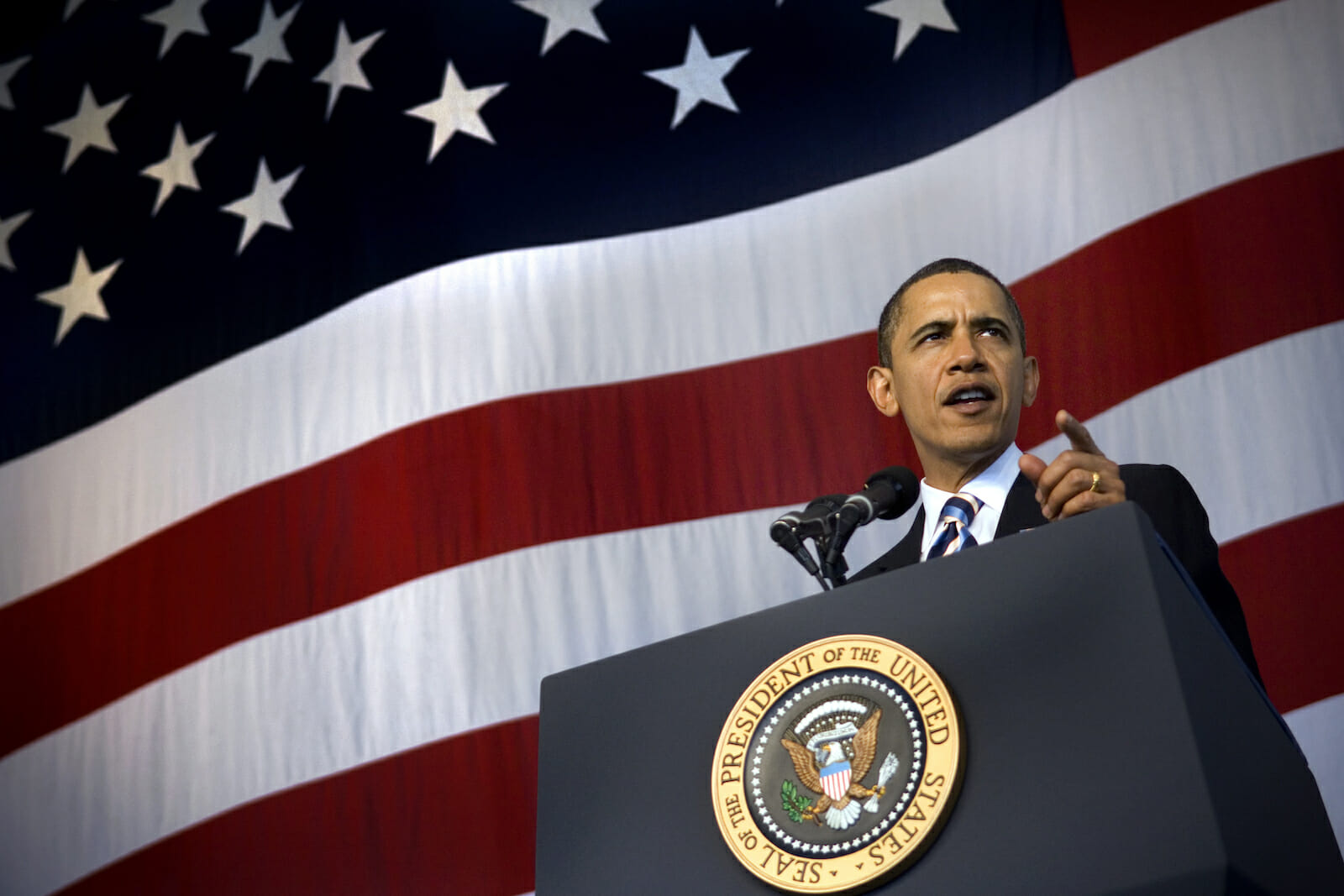
Despite Win for Diplomacy, Syria’s Offer Unlikely to Work
“We do not believe that, given the delivery systems, using rockets, that the opposition could have carried out these attacks. We have concluded that the Syrian government, in fact, carried these out.” – President Obama
Given the decades of denials about the existence of a chemical weapons program by the Assad regime, the West’s first inclination to Mr. Assad’s offer to come clean about Syria’s chemical weapons stockpiles, join the Chemical Weapons Convention, and turn the weapons over to international oversight for control and destruction is naturally to be skeptical. Only when backed into a corner, faced with the threat of overwhelming attack, and with no other feasible option at his disposal, is Mr. Assad agreeing to the proposal brokered by Russia. Yet there is good reason to believe that Mr. Assad is serious and that he will do his part to make the decommissioning of Syria’s chemical weapons arsenal a reality. But a number of things stand in the way of making this proposal meaningful.
First, the international community cannot be certain that it knows where all the weapons are. Mr. Assad has changed the location of part of his arsenal in recent weeks and months, and while these movements have been monitored – to the extent possible – by satellites, there is no real way for anyone outside the Syrian government to know exactly where all the weapons are.
By all accounts, Mr. Assad possesses thousands of chemical agents, and the rockets to deliver them. So it is indeed a leap of faith to presume that a) Mr. Assad will declare every single agent, and b) that the international community will be able to detect every single agent. After all, chemical weapons are Mr. Assad’s real trump card and bargaining chip. Without them, he has no way to apply real leverage to his enemies and the international community.
Second, even if ‘all’ the agents are identified and the international community assumes control of them in the short term, it will take years to destroy them, and their destruction needs to be done on site. The weapons are too dangerous and too numerous to move, and the destruction of such weapons has never been done in a war zone. The idea of moving them is out of the question. So how can the destruction of the agents be done safely and securely in the middle of a war? The likely answer is that they cannot be destroyed with the kind of safety and security required to have any degree of confidence that a breach, accident, or sabotage may not occur. That is a problem.
Third, given Mr. Obama’s stated objective of wanting to do something to end the terrible bloodshed that has befallen the Syrian people, destroying these weapons will not accomplish that. It will merely prolong the period of time the conflict will continue because the threat of formal military intervention by the West will presumably have been removed in the short to medium term. In the absence of some other action, or series of factors, that would preclude a similar threat of military intervention by the West, the conflict will probably continue as a stalemate, in which neither side can achieve a military victory.
Fourth, the war weariness and skepticism of the voters of the West is not going to change in the short or medium term. After a decade of war involving the international community in Afghanistan and Iraq, not only is there little political support for military intervention in the Syrian conflict, there are limited financial resources available to apply as a result of the ‘new normal’ following the Great Recession, and even less desire among the general public to become embroiled in yet another Middle Eastern conflict. Many citizens of the West believe its engagement in Afghanistan, Iraq and Libya achieved little in the end, and was not worth the resources, blood, and effort. Every time in recent history that the West has stuck its finger in the Middle East, it has not turned out well. So what is the incentive to do so here, they ask.
In the unlikely event Mr. Assad declares the location of all of his chemical agents and they can be safely and securely destroyed, this ‘diplomatic’ solution to the current stage of the crisis in Syria may prevent a formal military response from the U.S. and one or two allies (which is not much of a coalition) for the time being. But it is unlikely to prompt Mr. Assad to the negotiating table, since the Syrian government currently has the momentum in the conflict, and Iran and Russia have reiterated their continuing support for the Assad regime. What is likelier to happen is that the military and diplomatic stalemate will continue for some time to come, exacerbating the world’s greatest humanitarian crisis and the suffering of the Syrian people, with no end in sight.
It is troubling that Mr. Obama appears so willing to consider imposing military action without a UN mandate, and therefore in violation of international law. The use of chemical weapons, unpunished, of course, sets a dangerous and unfortunate precedent, but so does the idea of bypassing international norms and standards, which the U.S. was instrumental in putting into place. In the face of overwhelming global opposition to attacking Syria without the sanction of the international community, it is regrettable that such an option has even been seriously considered by the Obama Administration. Russia and China’s numerous and ongoing vetoes of UN resolutions regarding Syria should be ample reason to revisit the question of which nations should be considered ‘permanent’ members of the UN Security Council, and indeed, whether the members of the UNSC should be permanent at all. The current members remain a relic of the World War II era and not representative of the world we live in today.


